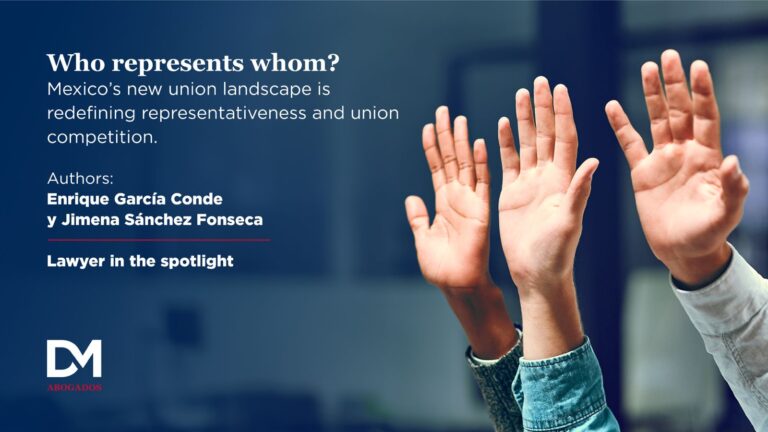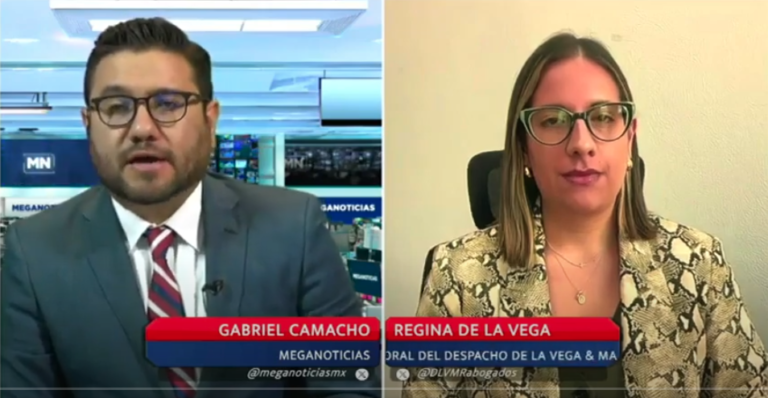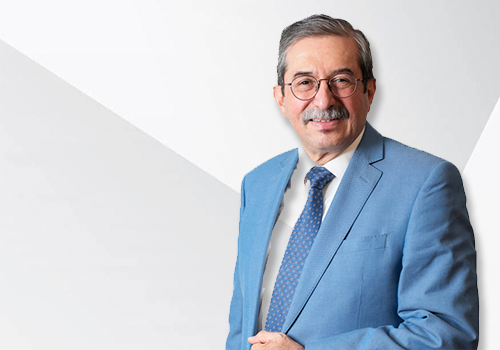There is not a single country in Europe in which the weekly working hours exceed 40 hours, and productivity is not affected, stated Plácido Morales, head of the Federal Labor Defense Attorney’s Office (Profedet). “The reduction of the weekly working hours is on its way, and it is fundamental that it is based on a comprehensive dialogue between workers and employers”, he explained.
In the official’s opinion, the labor reform of 2019 marked a watershed in Mexico, and this path will not be interrupted as it has in other countries. Since 2022, the Federal Congress has been discussing taking an important step toward the modernization of working conditions with the proposal of reducing the maximum number of hours for the labor week from the current 48, one of the highest in the world, to 40 hours a week.

This change is a pending issue inherited by the government of Claudia Sheinbaum from former president Andrés Manuel López Obrador This is a labor accomplishment that France, perhaps the most advanced country in this labor innovation, achieved almost a century ago, in 1936, by reducing the weekly working hours from 48 to 40 hours.
Then, in 2002, it reduced it to 35 hours and there is currently a public debate that takes place between pressure for increasing the number of hours by the employers and a proposal by La France insoumise for reducing it to 32 hours per week. The Federal Labor Defense Attorney said that the opinion of both parties must be taken into account in the reform for the reduction of the work week.
The Department of Labor and Social Welfare (STPS) is ready for listening to both parties, “no measure will be taken without their having been properly heard”, he said.
Plácido Morales explained that with the new labor model, workers in Mexico have more agile access to the justice administration systems in addition to union freedom, which is a historical demand because now, he said, the worker base can elect their union leaders through their free, direct and secret vote.
The official participated in the “2025: a Year of Risks and Opportunities in Labor Matters” event, where he addressed key topics for labor law in Mexico and Latin America.
Specialists in the labor, business and academic arenas presented detailed analyses on the most significant challenges and opportunities for the sector in the next few years.
This event also included the participation of labor experts, such as Carlos Elizondo Mayer Serra, professor at the Tecnológico de Monterrey, who spoke about the most relevant changes and implications of the USMCA on the labor context.
Ana Laura Magaloni Kerpel, academic and independent advisor, shared her analysis on the effects of the judicial reform on labor justice. While specialists Minnie Fu and Pedro Torres Díaz discussed the possible effects of Donald Trump’s reelection, addressing changes in labor policy, foreign trade and bilateral relations with Mexico.




